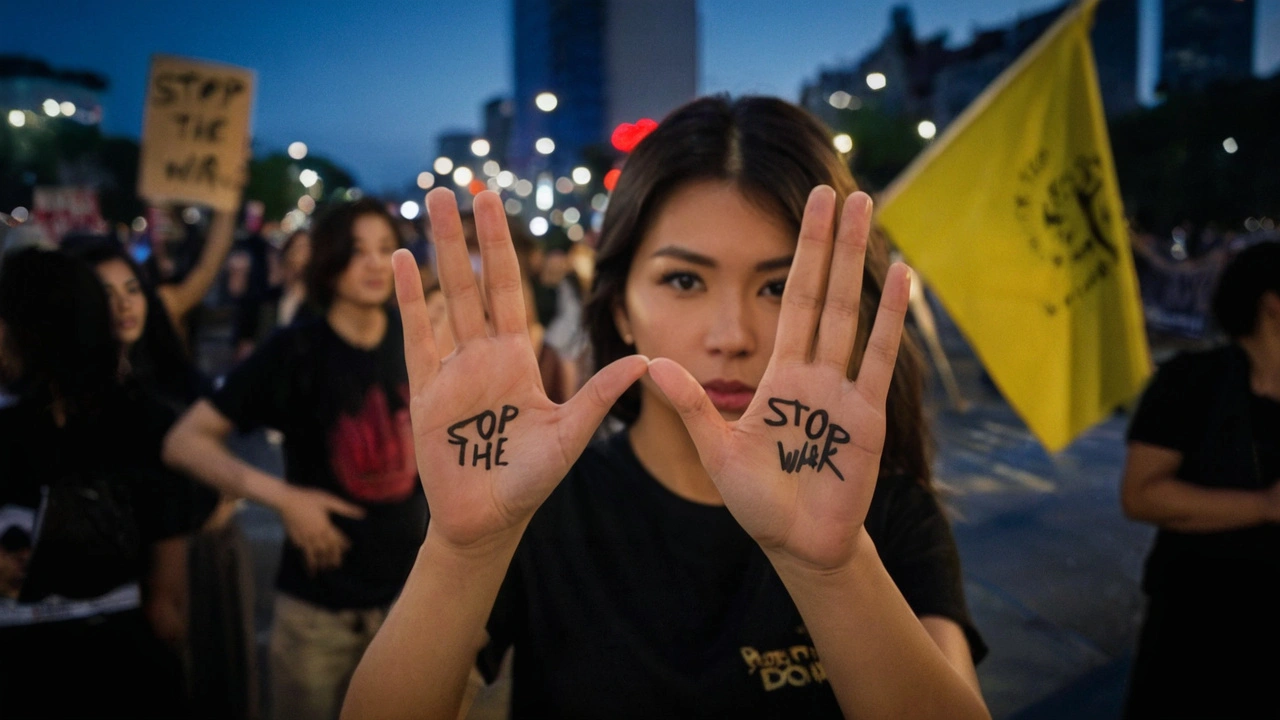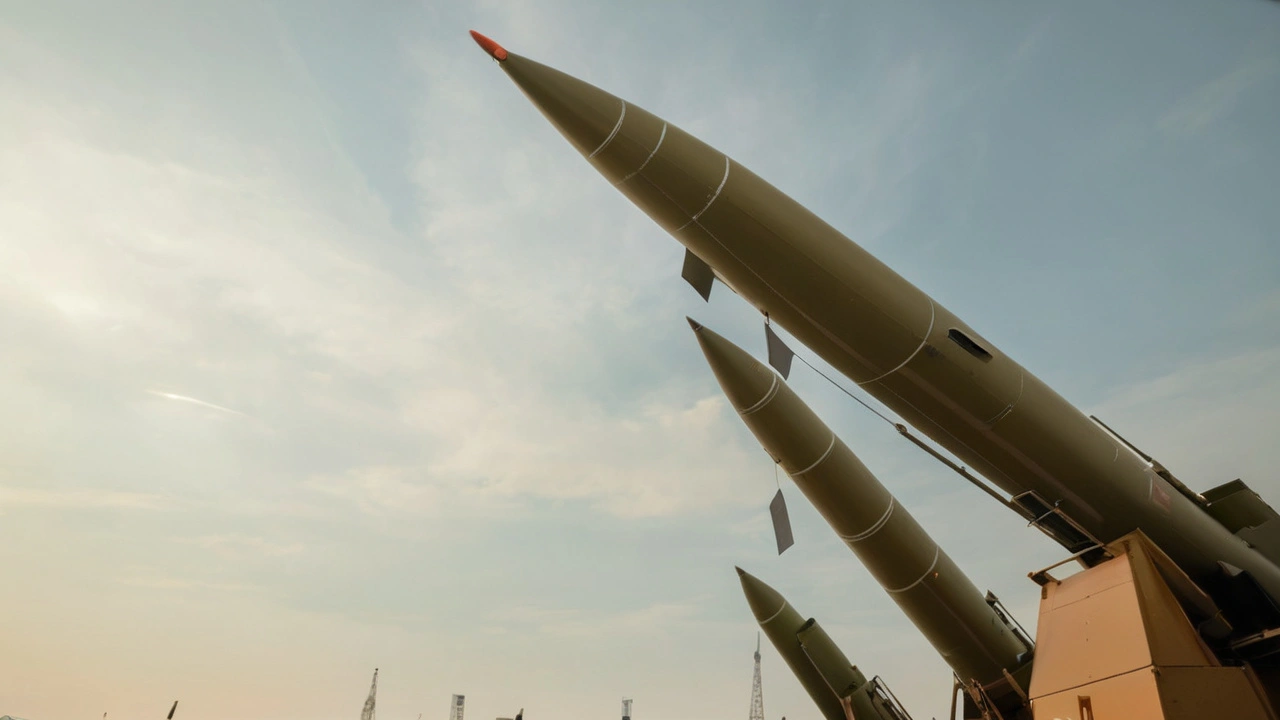Escalating Military Preparations by Iran
In a development that has caught the attention of global security experts, US officials have reported that Iran is mobilizing rocket launchers and conducting extensive military drills. These moves seem aimed at preparing for potential retaliatory strikes against Israel. The reasons behind these preparations are rooted in the recent assassination of Ismail Haniyeh, the political leader of Hamas. Iran, a staunch supporter of Hamas, has vowed to avenge Haniyeh's death, thereby escalating tensions between the two nations.
Assassination Sparks Outrage
The assassination of Haniyeh occurred under dramatic circumstances. He was killed by a short-range projectile while attending the inauguration of Iran's newly elected Prime Minister, Masoud Pezeshkian, in Tehran. This incident has fueled outrage not only among Hamas supporters but also within Iran's high-ranking military community. Iran's Revolutionary Guard Corps (IRGC) has been particularly vocal, pledging severe retaliatory actions against Israel. The IRGC claims that Haniyeh's assassination was backed by the US government, although this accusation has been staunchly denied by American officials.
US-Israel Coordination
Given the gravity of the situation, the Biden administration has been working closely with Israeli authorities to dissuade Iran from launching any attacks. Recently, the Chief of the United States Central Command (CENTCOM) held a crucial meeting with the chief of the Israeli army to coordinate defense strategies. This collaboration aims to bolster Israel's defenses and prepare for any potential strikes that Iran might launch. The partnership underscores the importance of the US-Israel relationship in ensuring regional stability.

Potential Pre-Emptive Strikes
Reports from Israeli media suggest that Tel Aviv could consider a pre-emptive strike if conclusive evidence emerges that Iran is planning an imminent attack. This consideration stems from the high stakes involved; a retaliatory strike from Iran could engulf the entire region in warfare. For Israeli leaders, ensuring the safety of their citizens while maintaining regional stability is paramount, even if it means taking preventive military action against a perceived threat.
The Role of Diplomacy
Amid this volatile situation, the US has been leveraging diplomatic channels to ease tensions. Secretary of State Antony Blinken has emphasized the need for all parties involved to refrain from actions that could escalate the conflict. The Biden administration's diplomatic endeavors are aimed at fostering dialogue and reducing the likelihood of armed conflict. However, the complexity of the situation requires constant vigilance and adaptive strategies to prevent a full-scale war.
Concerns Over Regional Stability
The assassination of Haniyeh and the subsequent military preparations by Iran have raised severe concerns about regional stability. Other nations in the Middle East, including those aligned with Iran and Israel, are closely monitoring the situation. The possibility of strikes from Iranian proxies like Hezbollah adds another layer of complexity. These groups could exploit the current tensions to further their agendas, thereby complicating peace efforts.
In short, the current tension between Iran and Israel represents a flashpoint that could have far-reaching repercussions for regional and global stability. As both nations navigate the murky waters of military and diplomatic maneuvers, the international community watches and waits. The hope remains that cooler heads will prevail to prevent a catastrophic escalation.
